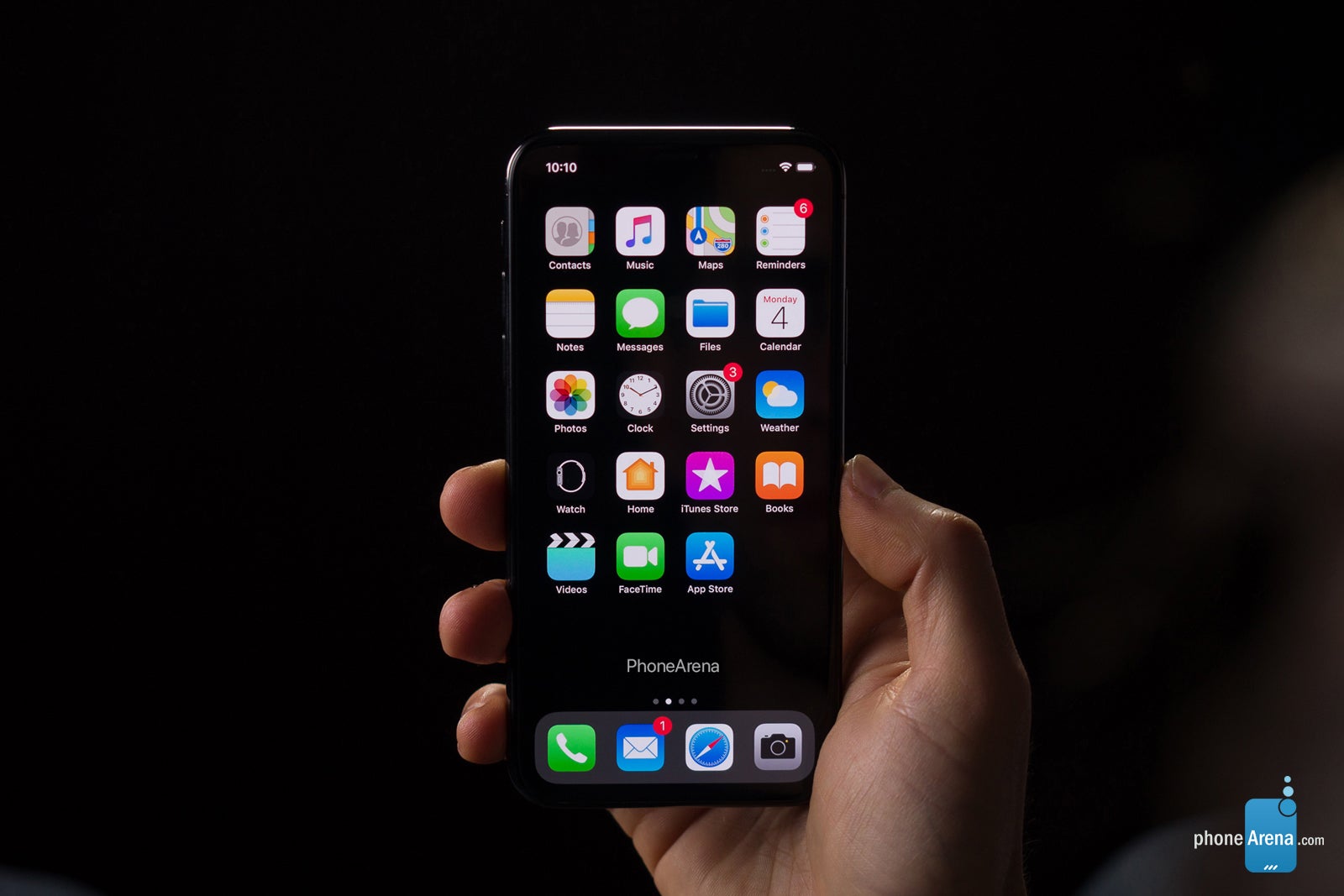Apple's A13 and Huawei's Kirin 985 are almost ready for mass production

The Huawei Mate 20 Pro & Apple iPhone XS Max
A more advanced manufacturing process
The Apple A12 Bionic, Snapdragon 855, and Kirin 980 are the three main chips on the market at the moment, with each one being designed by a separate company. Despite this, they have one big thing in common; they’re manufactured by the Taiwan Semiconductor Manufacturing Company, often abbreviated to TSMC.
As promised by the company itself, TSMC will soon introduce an improved 7-nanometer manufacturing process which incorporates EUV technology. Those three letters stand for ‘extreme ultraviolet lithography’ and essentially enable more precise chip designs. This means that more powerful hardware can be made without requiring massive amounts of extra space. The move should also improve efficiency further due to the smaller size.
Huawei's Kirin 985 will take advantage of TSMC's newest tech
The 7-nanometer EUV process is apparently called 'N7+' internally. According to today’s report, it’ll be used to manufacturer Huawei’s next-gen flagship chipset which is currently being called the Kirin 985 rather than the Kirin 990 – presumably an indication of minor upgrades.

The Huawei P30 & P30 Pro both use the Kirin 980
Production of the Kirin 985 looks set to kick off by the end of this quarter. This will give TSMC around 3 to 4 months to build up an inventory in time for the chip’s expected release in October alongside the Huawei Mate 30 lineup. Prior to this, Huawei may choose to announce the chip formally in late August or early September as it did with last year's Kirin 980.
As things stand, around 45% of Huawei’s smartphones use its in-house chip hardware, but by the time of the Kirin 985’s release, this number should have grown to around 60%. This means that the Kirin 985 could then push the figure closer to 70% in early 2020.
Apple's A13 could use a more advanced manufacturing process
In addition to Huawei, another manufacturer keen to take advantage of TSMC’s improved manufacturing process is, rather unsurprisingly, Apple. But according to today’s report, the latter could be set to receive special treatment.
As previously reported, TSMC has been contracted by Apple to manufacturer the next-gen Apple A13 chip. But rather than utilizing the N7+ process which Huawei and others will be adopting, the company is reportedly preparing an enhanced version dubbed 'N7 Pro' for the Cupertino giant.

Apple iPhone XI concept render based on leaked information
At the moment, it’s unclear what differentiates the two processes, but once again mass production should kick off later this quarter in time for the iPhone XI (11) release in late September.
It’ll remain to be seen if the ‘N7 Pro’ process will remain exclusive to Apple or if other companies will take advantage of it at a later that.
Follow us on Google News












Things that are NOT allowed:
To help keep our community safe and free from spam, we apply temporary limits to newly created accounts: